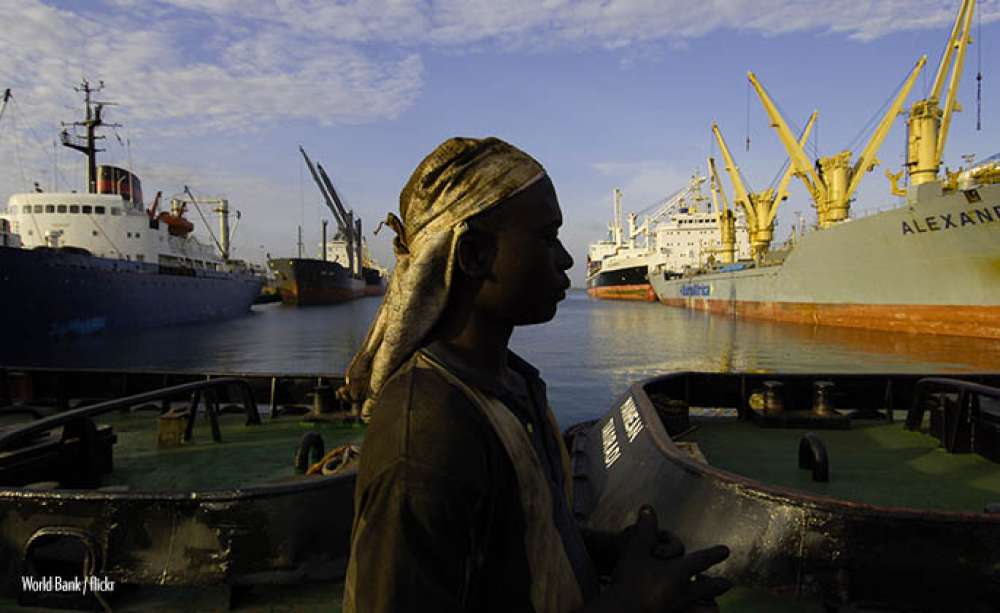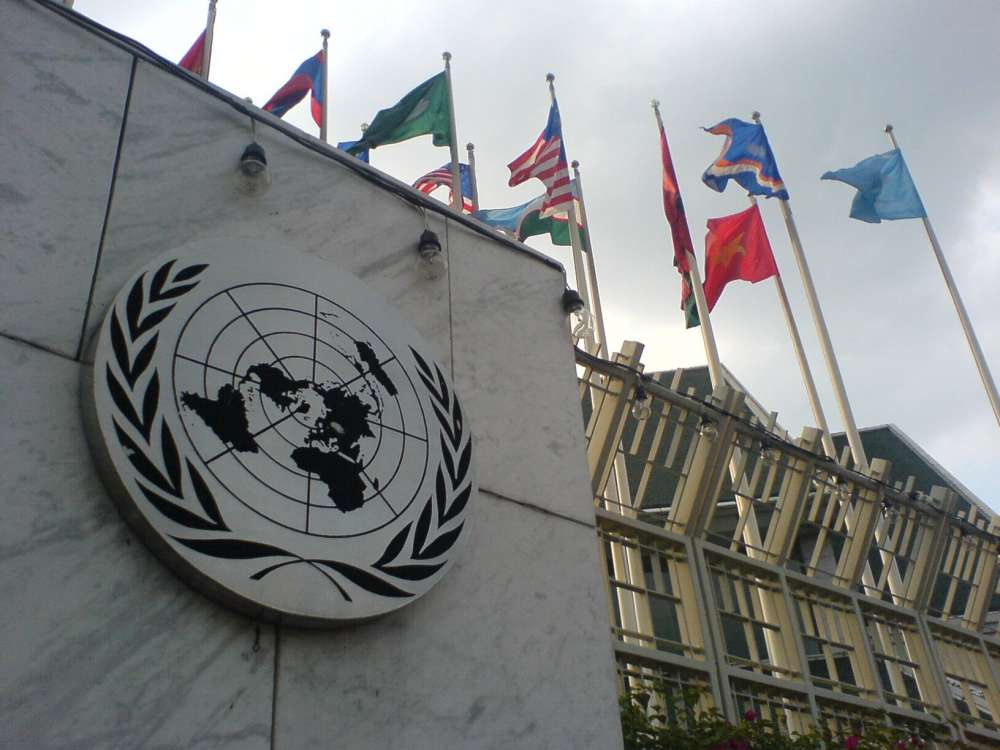TTIP: How to Minimize Risks For Third Countries

The proposed Transatlantic Trade and Investment Partnership (TTIP) will affect not only its negotiating partners – the European Union and the United States – but also these partners’ trade relations with third countries. Preferential trade agreements like TTIP allow like-minded states to pursue plans for trade liberalization that are more ambitious than those currently negotiated at the global level. Deeper transatlantic trade liberalization, however, weakens the relative position of producers in countries that trade with the EU and the US. TTIP may very well lead to losses in competitiveness and trade for third countries, especially if the agreement diverts trade to the transatlantic market more than it creates new trade flows. To alleviate such risks for excluded countries, TTIP should be as open as possible. The agreement should include an accession clause, extend regulatory cooperation to third countries and develop an inclusive set of rules of origin.
…
To read the full article, please visit Atlantic Community online.
A German version of this article is also available.







